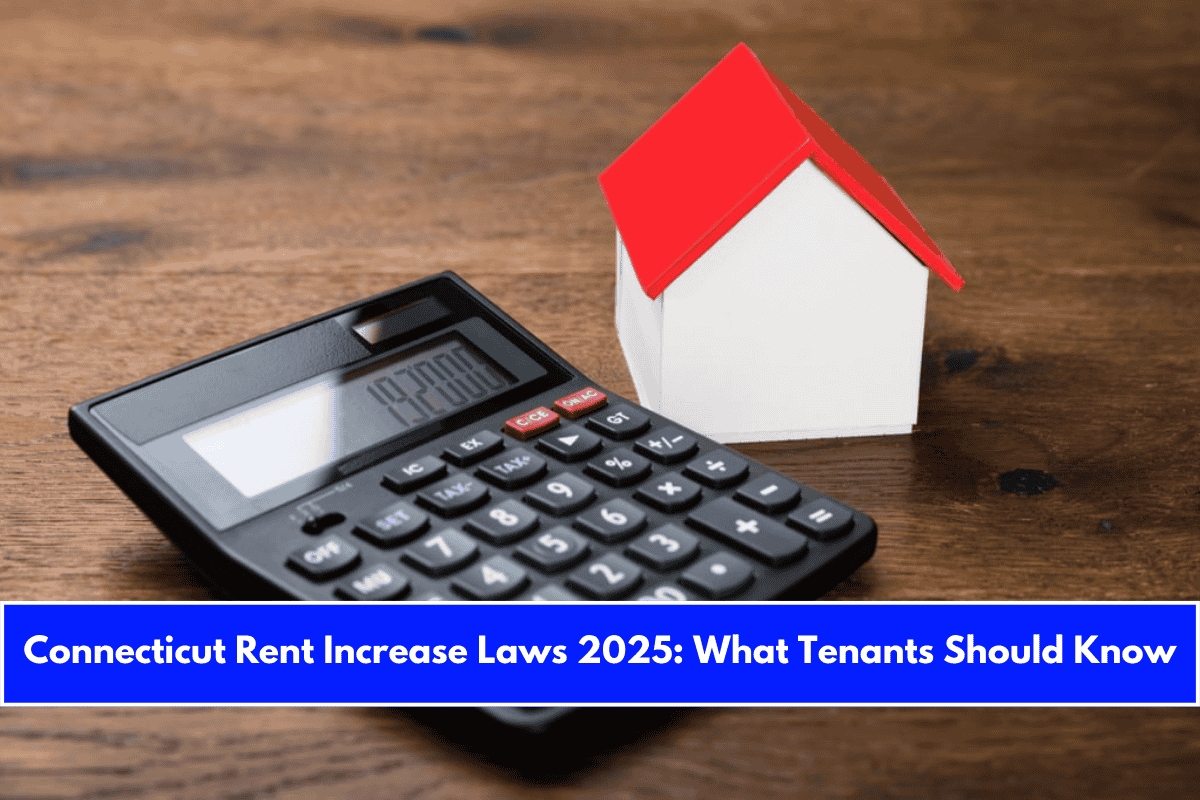Connecticut’s rent increase laws in 2025 are shaped by a mix of statewide rules and local protections, especially for vulnerable tenants. Here’s what tenants need to know:
No Statewide Rent Cap for Most Tenants
- Connecticut does not have a statewide rent control law limiting how much landlords can raise rent for most tenants.
- Landlords generally set rent based on market conditions and can increase it at lease renewal or for month-to-month tenants, provided proper notice is given.
Notice Requirements
- Year-long (fixed-term) leases: Landlords must provide at least 45 days’ written notice before the lease ends if they intend to raise the rent.
- Month-to-month tenants: Landlords must give at least one full rental period’s notice (usually one month) before a rent increase takes effect.
- During a fixed lease: Rent cannot be increased during the term unless the lease specifically allows it.
Local Fair Rent Commissions: Extra Protection for Vulnerable Tenants
- Some Connecticut towns (currently about 15, with more expected as new laws expand coverage) have Fair Rent Commissions.
- These commissions can investigate tenant complaints about excessive rent increases, especially for elderly, disabled, or low-income tenants.
- For tenants protected by a Fair Rent Commission, annual rent increases may be capped at a percentage set by the commission, based on factors like inflation and landlord costs.
- If a rent increase is deemed excessive, the commission can order the landlord to reduce or roll back the increase.
- Both landlords and tenants can appeal commission decisions in Superior Court.
2025 Legislative Developments
- A proposed bill would require all towns (not just those with populations over 25,000) to establish Fair Rent Commissions by 2028, expanding tenant protections statewide.
- Another legislative proposal would flag rent increases over 10% by new property owners (less than one year of ownership) as “excessive,” automatically triggering a Fair Rent Commission review-unless major renovations justify the increase.
Other Legal Safeguards
- Retaliation and discrimination are prohibited: Landlords cannot raise rent in retaliation for tenant complaints or for discriminatory reasons (race, disability, etc.).
- Security deposit limits: Security deposits are capped at two months’ rent (one month for tenants aged 62 or older).
Summary Table
| Situation | Rule/Limit |
|---|---|
| Statewide rent increase cap | None for most tenants |
| Notice for year-long lease | 45 days before lease ends |
| Notice for month-to-month | At least one rental period (usually 1 month) |
| During fixed lease term | No increase unless lease allows |
| Fair Rent Commission towns | Caps for protected tenants; complaint process |
| Retaliatory/discriminatory hikes | Prohibited |
| Proposed new owner rule (2025) | >10% flagged as excessive, triggers commission review |
Key Takeaways for Tenants
- Check your lease: Know your notice rights and whether your town has a Fair Rent Commission.
- Be aware of local protections: Vulnerable tenants in commission towns may have additional safeguards against large increases.
- Monitor legislative changes: More towns may soon have Fair Rent Commissions, and large increases by new owners may face extra scrutiny.
- Know your rights: Retaliatory or discriminatory rent increases are illegal. If you believe your increase is excessive or unfair, you can file a complaint with your local Fair Rent Commission or seek legal advice.
By staying informed and proactive, Connecticut tenants can better protect themselves against unjustified rent hikes in 2025.
Sources:
- https://www.hemlane.com/resources/connecticut-rent-control-laws/
- https://www.easthartfordct.gov/fair-rent-commission
- https://www.steadily.com/blog/how-much-can-a-landlord-raise-rent-in-connecticut
- https://mylolowcountry.com/usa-laws/connecticut-rent-increase-laws-2025-what-tenants-should-know/











Leave a Reply